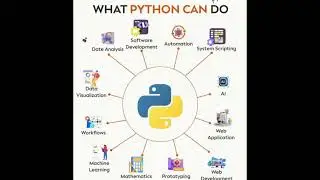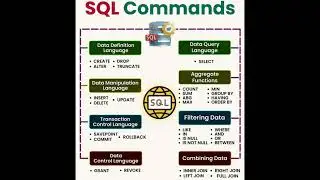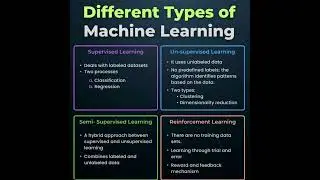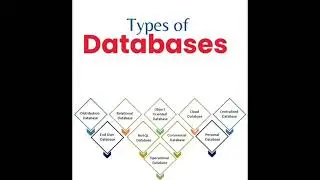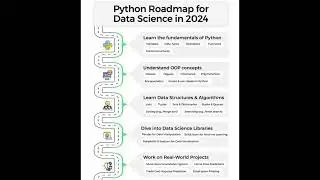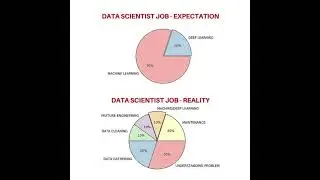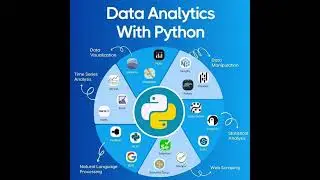how to find datasets for research
Finding suitable datasets for research can be a critical step in your research project. Here are some effective methods for finding datasets:
Online Data Repositories:
Kaggle: Kaggle is a popular platform for data science competitions and provides a vast collection of datasets on various topics.
UCI Machine Learning Repository: The University of California, Irvine hosts a repository with datasets for machine learning and data mining.
Data.gov: The U.S. government's open data portal offers a wide range of datasets on topics like health, transportation, and the environment.
World Bank Data: The World Bank provides global economic and social datasets.
Google Dataset Search: Google's search engine for datasets can help you discover datasets hosted on the web.
Academic Institutions:
Many universities and research institutions have open datasets available to the public. Explore their websites or contact their research departments.
Government Websites:
Government agencies often release public data for research purposes. Look for official websites of governmental bodies and departments.
APIs (Application Programming Interfaces):
Some organizations and websites offer APIs that allow you to access and retrieve data programmatically. Examples include Twitter, Facebook, and various financial markets.
Data Marketplaces:
Some platforms, like AWS Data Exchange, provide access to a wide variety of commercial and open datasets.
Data Scrapping:
Depending on your research topic, you may need to extract data from websites. Web scraping tools like Beautiful Soup or Scrapy can help in this regard. Ensure you comply with ethical and legal considerations.
Collaboration and Networking:
Join research communities, forums, and social networks related to your field. Often, researchers share datasets they have collected or worked with.
Library Resources:
University libraries and public libraries often have subscriptions to databases and repositories that provide access to a wide range of research datasets.
Data Requests:
You can request data from organizations, researchers, or institutions directly. Sometimes, they may be willing to share their data if it aligns with your research objectives.
Generate Your Own Data:
If suitable datasets are not readily available, consider designing and conducting surveys, experiments, or data collection efforts to generate your own dataset.
When using external datasets for research, it's important to consider factors such as data quality, reliability, and ethical considerations. Ensure that you have the right to use the data for your research and comply with any licensing or usage terms associated with the datasets. Additionally, be aware of privacy and confidentiality concerns, especially when dealing with personal or sensitive data.
















